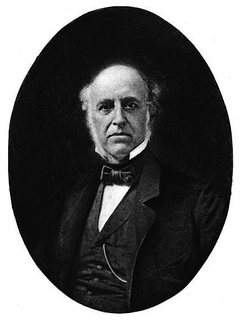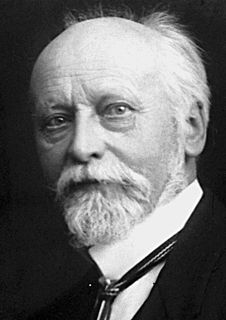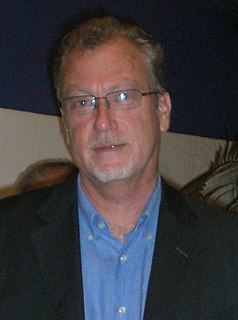A Quote by Hortense Calisher
Related Quotes
Modern life... changes no longer century by century, but year by year, ten times faster than it ever has before-populations doubling, civilizations unified more closely with other civilizations, economic interdependence, racial questions, and-we're dawdling along. My idea is that we've got to go very much faster.
In the 20th century, we had a century where at the beginning of the century, most of the world was agricultural and industry was very primitive. At the end of that century, we had men in orbit, we had been to the moon, we had people with cell phones and colour televisions and the Internet and amazing medical technology of all kinds.
Today the governments of Latin America should be ashamed of not havingexterminated the indigenous, at the end of the twentieth century, because weexist at the end of this century. We are not myths of the past, ruins in thejungle, or zoos. We are people and we want to be respected, not to be victims ofintolerance and racism.
How is it possible to live in world where people can rule millions of others? It's incredible! It's like we've gone back to the 12th century. That's what happens when you decapitate intelligentsia and repeatedly traumatize and brutalize a country for decades on end: you do not get virtue. Victims do not make nice people.






































